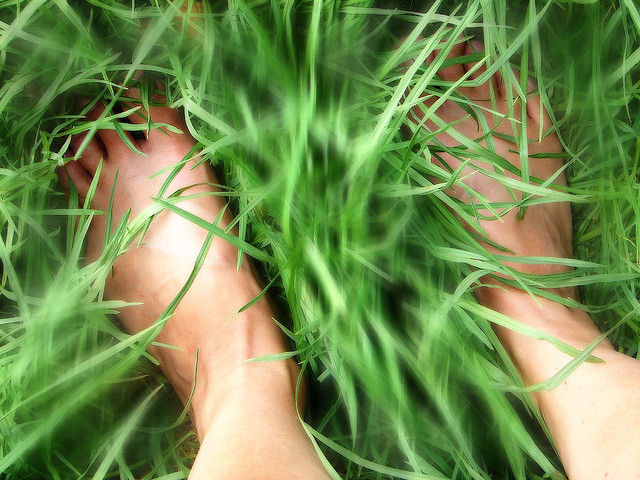Podcast: Play in new window
BOB HIRSHON (host):

Chemical distress signals. I’m Bob Hirshon and this is Science Update.
The sweet smell of newly cut grass may be a cry for help, according to Texas A&M plant pathologist Michael Kolomiets. He says that before there were lawnmowers, blades of grass were most likely to be cut by the jaws of hungry caterpillars and other herbivores. The strong smelling compound released by the grass attracts parasitoid wasps.
MICHAEL KOLOMIETS (Texas A&M):
So they come to the plant that is being chewed upon by insect herbivores, and lay eggs in caterpillars’ body. And those are parasitoid wasps.
HIRSHON:
In a study published in The Plant Journal, Kolomiets and his colleagues showed that mutant plants that couldn’t produce the smell compound were ignored by wasps, no matter how many caterpillars were chewing on them. He says scientists are just beginning to understand the role these volatile organic compounds play in both plants and animals. I’m Bob Hirshon, for AAAS, the science society.
